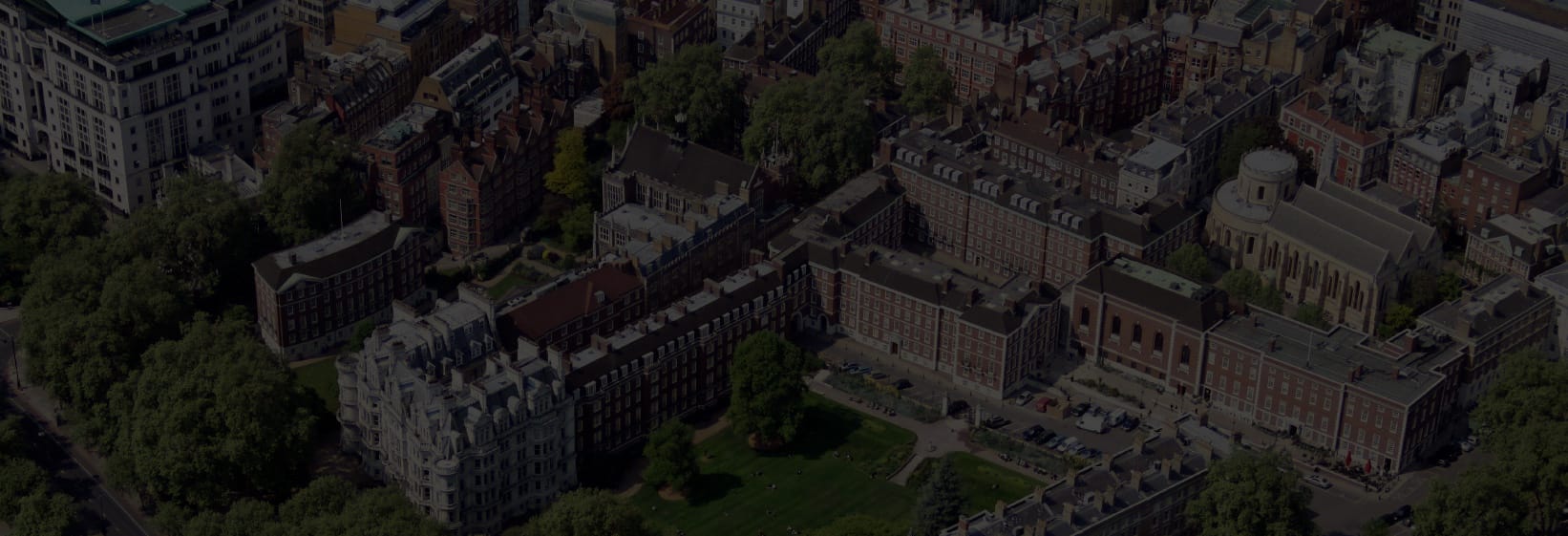
Important Court of Appeal case on Law Society liability for conveyancing fraud – Schubert Murphy (a firm) v the Law Society of England and Wales [2017] EWCA Civ 1295
The Court of Appeal (the Master of the Rolls, Lady Justice Gloster and Lord Justice Beatson) has today handed down judgment in an important case on the duty of care owed by the Law Society to lawyers and members of the public. The Court of Appeal rejected the Law Society’s case that it was unarguable that it could owe a duty of care to solicitors or the public in relation to careless representations on its website as to who was or was not a genuine solicitor. The case also has more general relevance to the liability of professional bodies and regulators and the extent to which liability might attach to information provided on websites which are accessible to the world at large.
The claim relates to a fraud by a sham firm of solicitors (Acorn Solicitors), which the Law Society had wrongly listed on its website as a genuine firm.
Schubert Murphy (a firm of solicitors), acting for a purchaser of a property, followed Law Society guidance and checked that Acorn, which was purporting to act for the seller, was listed on the Law Society website. It was. In reliance on Acorn being listed on the Law Society website, Schubert Murphy released the purchase monies to Acorn in exchange for an undertaking that it would first be used to discharge the outstanding mortgage on the property. In fact, the fraudsters behind Acorn pocketed the money and did not discharge the mortgage. Shortly after the purchaser moved in to the property, the bank began possession proceedings in relation to the undischarged mortgage. In order to stay in the property, he had to pay off the mortgage. The Law Society refused to award any compensation under the Solicitor’s Compensation Fund on the grounds that the case fell outside the remit of the fund because the purported “solicitor” was not in fact a solicitor (even though the Law Society had wrongly listed Acorn on their website).
The purchaser then brought a claim against Schubert Murphy for paying out the purchase monies to a sham firm. The claim was settled.
Schubert Murphy subsequently brought a claim against the Law Society for negligently listing Acorn as a genuine firm of solicitors. It appears that one of the fraudsters stole the identity of a retired solicitor, and then by means of a deed poll applied to the Law Society/ SRA to change the name of the retired solicitor to a “Mr John Dobbs”. Thereafter he applied first for a practising certificate and then for approval to practice as a sole practitioner, under the name Acorn Solicitors. Schubert’s Murphy’s case is that the Law Society carried out no, or no proper, checks before listing Acorn Solicitors, and Mr Dobbs, as a genuine firm and solicitor respectively on their website.
The Law Society applied to strike out the claim on the basis that, even if it acted carelessly (which it did not accept), it did not owe any duty of care to Schubert Murphy or Mr Christofi, not least as it was acting as a regulator (who do not normally owe a duty of care). The Law Society’s application was dismissed by Mr Justice Mitting in December 2014, who concluded that Schubert Murphy had a real prospect of success. The judge noted (at paragraphs 23 to 27) that the case raised a question of much wider importance as it called into question the security of modern conveyancing practice. The Law Society appealed.
The Court of Appeal has now unanimously dismissed the appeal and held that the claim should go to trial. The Master of Rolls noted that the appeal “involves the policy consideration as to who, in the type of conveyancing situation with which these proceedings are concerned, should properly bear the irrecoverable loss to the innocent client […]”. He also noted that it involved the question whether tortious liability should be different “according to whether an inquiry is made and answered personally, for example on the telephone, or alternatively online.” Click here for a copy of the judgment.
Charles Dougherty KC from 2 Temple Gardens acted for the successful Respondent (Schubert Murphy). He led Mathew Thorne from 4 Pump Court, instructed by XL Caitlin Services SE.
Charles commented: “This is an important decision. If the Law Society had been successful in their strike out application it would have set an unfortunate precedent: that professional and regulatory bodies could never be liable for inaccurate statements made on websites as to who is – or is not – authorised or regulated by them, however careless they were.
Conveyancing transactions require that each side is confident that the other side’s legal representative is genuine, and accordingly will be covered by insurance, or in default the Law Society Compensation Fund, if anything goes wrong. The only entity which can say whether a law firm is genuine or not is the Law Society. That is why it is of paramount importance that the Law Society website, which law firms and members of the public rely on, is accurate.”
Timothy Dutton KC and Rupert Allen from Fountain Court acted for the Appellants (the Law Society), instructed by Bevan Brittan.
The case has also been reported on in The Lawyer, The Law Society Gazette and Legal Futures.






